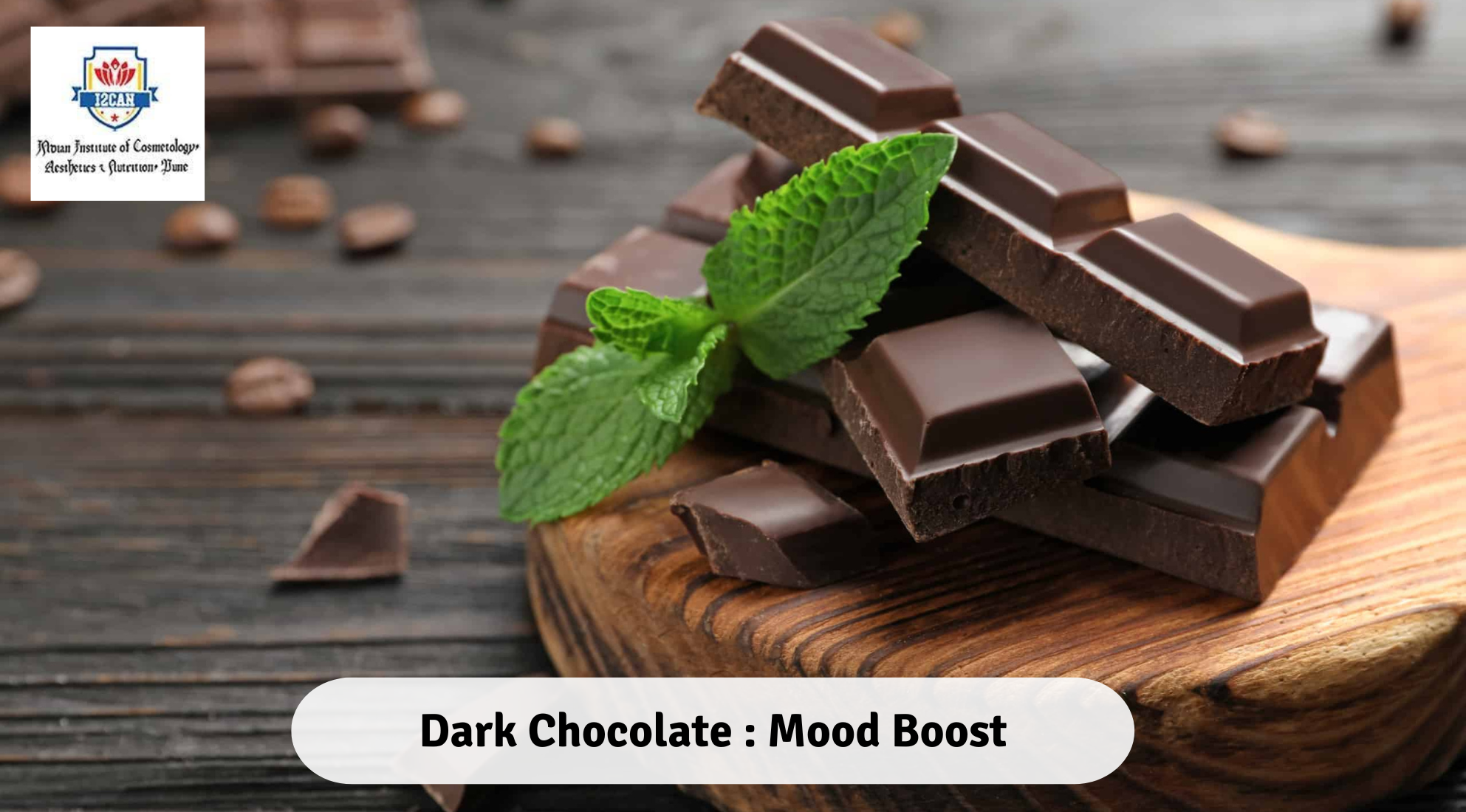Dark chocolate has garnered attention not only for its delectable taste but also for its potential mood-boosting properties attributed to a myriad of bioactive compounds. Delving into the intricate components of dark chocolate reveals a fascinating interplay of elements that contribute to its positive impact on mood disorders.
- Tryptophan Content: Dark chocolate emerges as a noteworthy source of tryptophan, an essential amino acid. Tryptophan serves as a precursor to serotonin, a neurotransmitter pivotal in regulating mood. The presence of this amino acid in dark chocolate underscores its potential role in promoting the synthesis of serotonin, thereby contributing to a more stabilized and positive mood.
- Phenylethylamine Stimulation: Another intriguing compound found in dark chocolate is phenylethylamine. This compound is thought to stimulate the release of endorphins in the brain. Endorphins, often referred to as “feel-good” hormones, play a crucial role in fostering a sense of well-being and happiness. Thus, the consumption of dark chocolate may trigger a cascade of neurochemical events leading to an uplifted mood.
- Magnesium Enrichment: Dark chocolate serves as a rich source of magnesium, an essential mineral with multifaceted functions in the body. Among its roles, magnesium is involved in neurotransmitter function. By providing an adequate supply of magnesium, dark chocolate may support the intricate processes associated with mood regulation and mental well-being.
- Caffeine Dynamics: While dark chocolate contains relatively small amounts of caffeine, this stimulant can exert a mild yet notable effect on mood. Caffeine is recognized for its ability to enhance alertness and improve mood in certain individuals. The subtle presence of caffeine in dark chocolate adds another dimension to its mood-modulating potential.
- Flavonoid Abundance: Dark chocolate boasts a high concentration of flavonoids, a class of antioxidants known for their health-promoting properties. These flavonoids have been associated with various benefits, including potential enhancements in mood. The antioxidant activity of flavonoids may contribute to the overall well-being of individuals consuming dark chocolate regularly.
In conclusion, the complex composition of dark chocolate unveils a symphony of bioactive compounds that may collectively contribute to its mood-boosting effects. From the serotonin-boosting qualities of tryptophan to the endorphin-releasing potential of phenylethylamine, and the diverse roles played by magnesium, caffeine, and flavonoids, dark chocolate emerges not just as a delightful treat but also as a potential ally in promoting positive mood and mental health.

